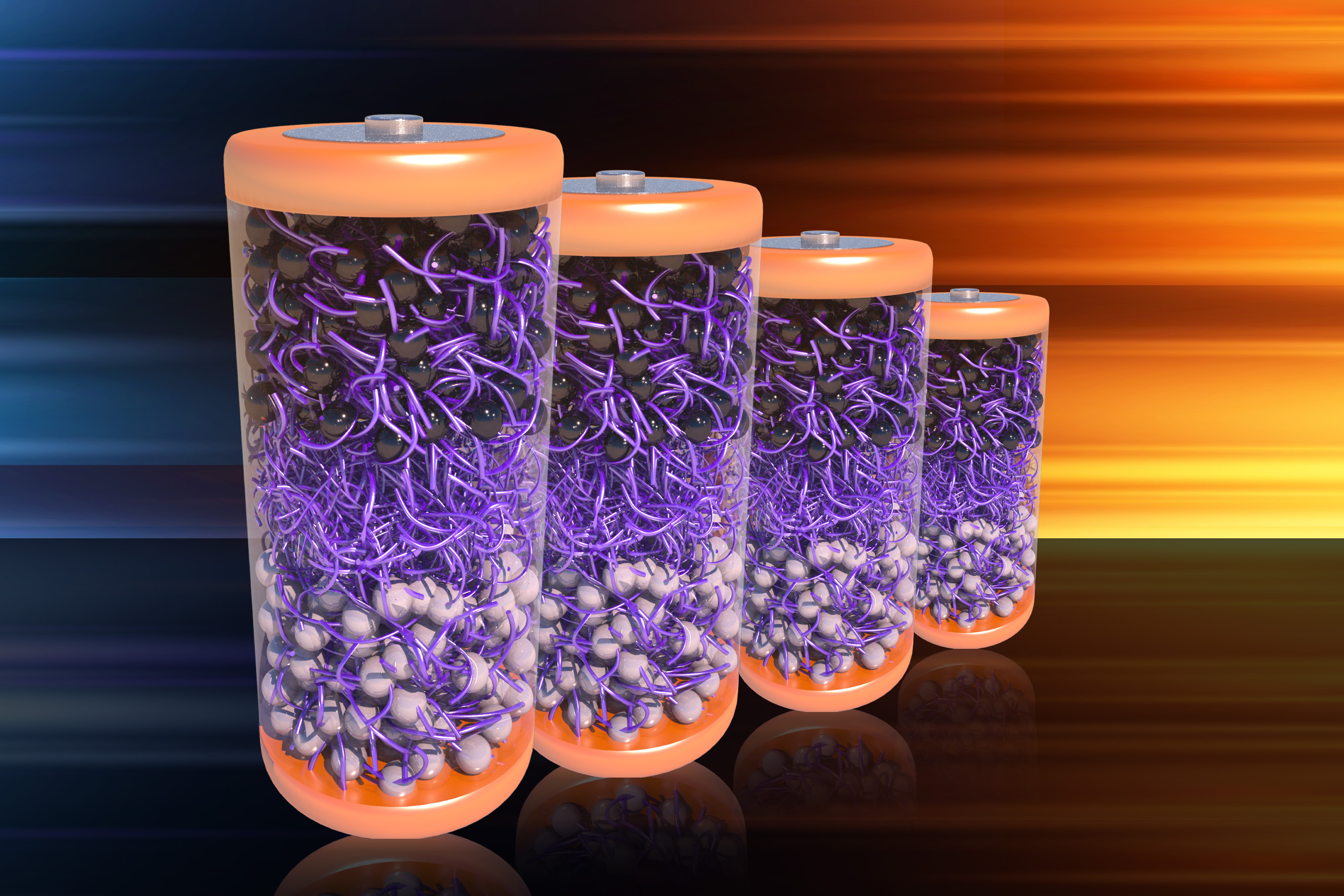MIT researchers have developed a self-assembling battery material that rapidly disintegrates when exposed to organic solvents, potentially transforming electric vehicle battery recycling and addressing the growing challenge of electronic waste from the expanding EV market.
The breakthrough, published Tuesday in Nature Chemistry, introduces an electrolyte material composed of aramid amphiphiles that self-assemble into mechanically stable nanoribbons when exposed to water, yet completely dissolve within minutes when immersed in organic liquids. This allows entire battery packs to fall apart naturally, enabling separate recycling of individual components without the harsh chemicals and high temperatures typically required.
“So far in the battery industry, we’ve focused on high-performing materials and designs, and only later tried to figure out how to recycle batteries made with complex structures and hard-to-recycle materials,” said lead author Yukio Cho, a recent MIT PhD graduate now at Stanford University. “Our approach is to start with easily recyclable materials and figure out how to make them battery-compatible.”
It has been 20 straight years of “this new battery tech COULD revolutionize everything”.
No. It won’t.
Do not talk about battery tech revolutionizing anything unless your innovation is in mass manufacturing it, cost effectively, and reliably, at scale.
Anything else is just another early research project jerking itself off before it goes nowhere.
Idea
Lab tech <- the article is here
Prototype
Mass production
So, the usual Battery Tuesday message.


